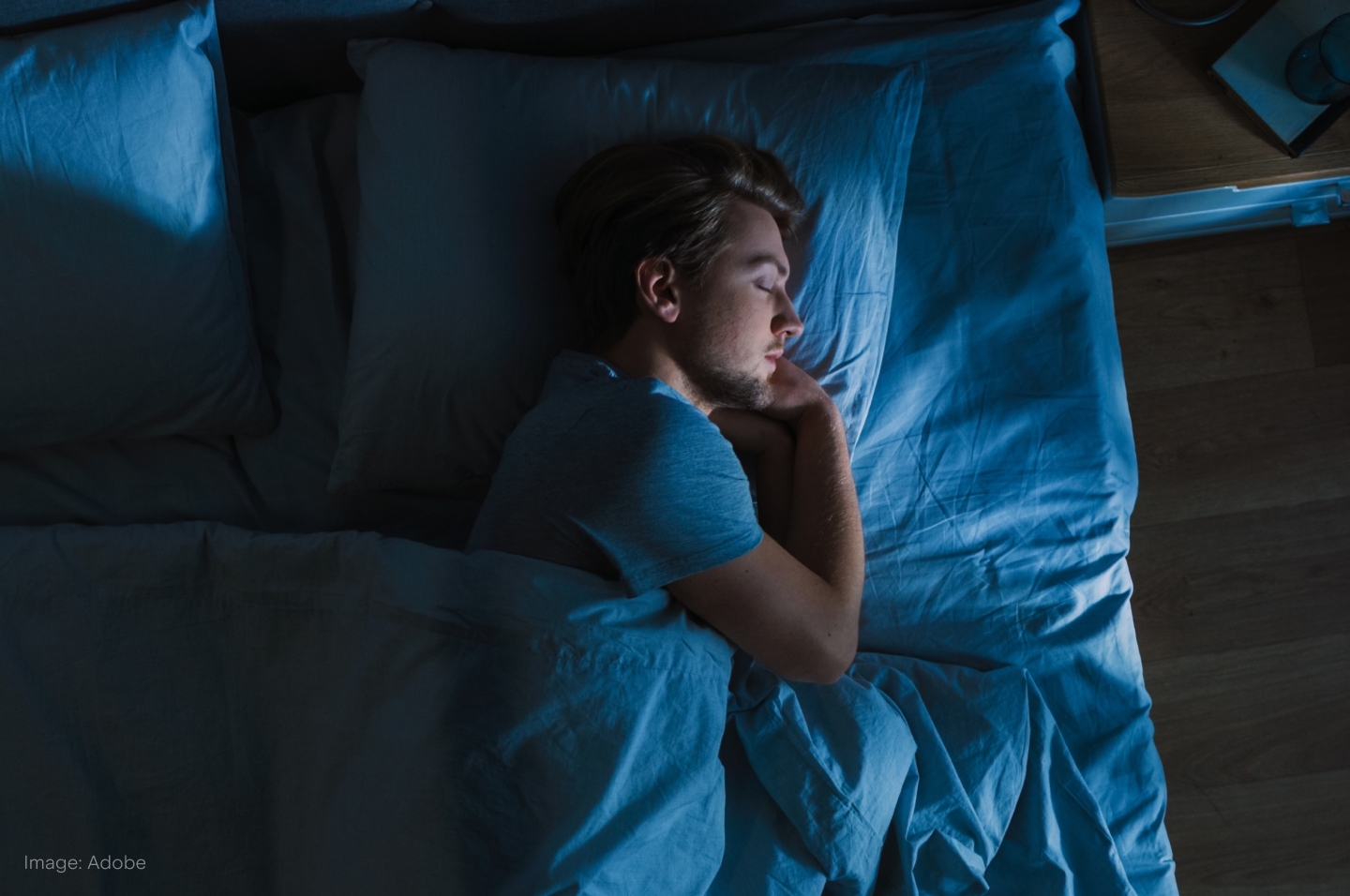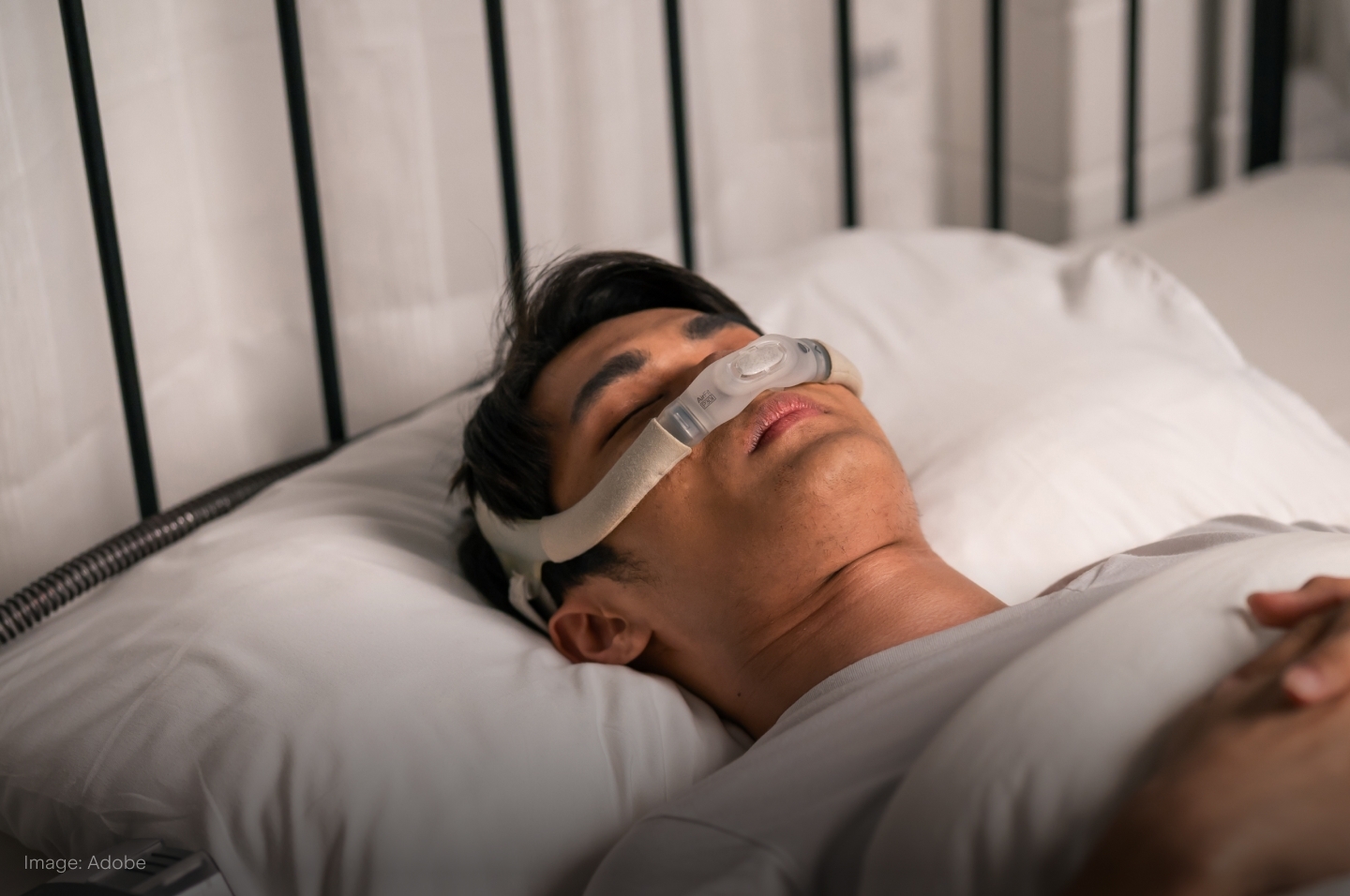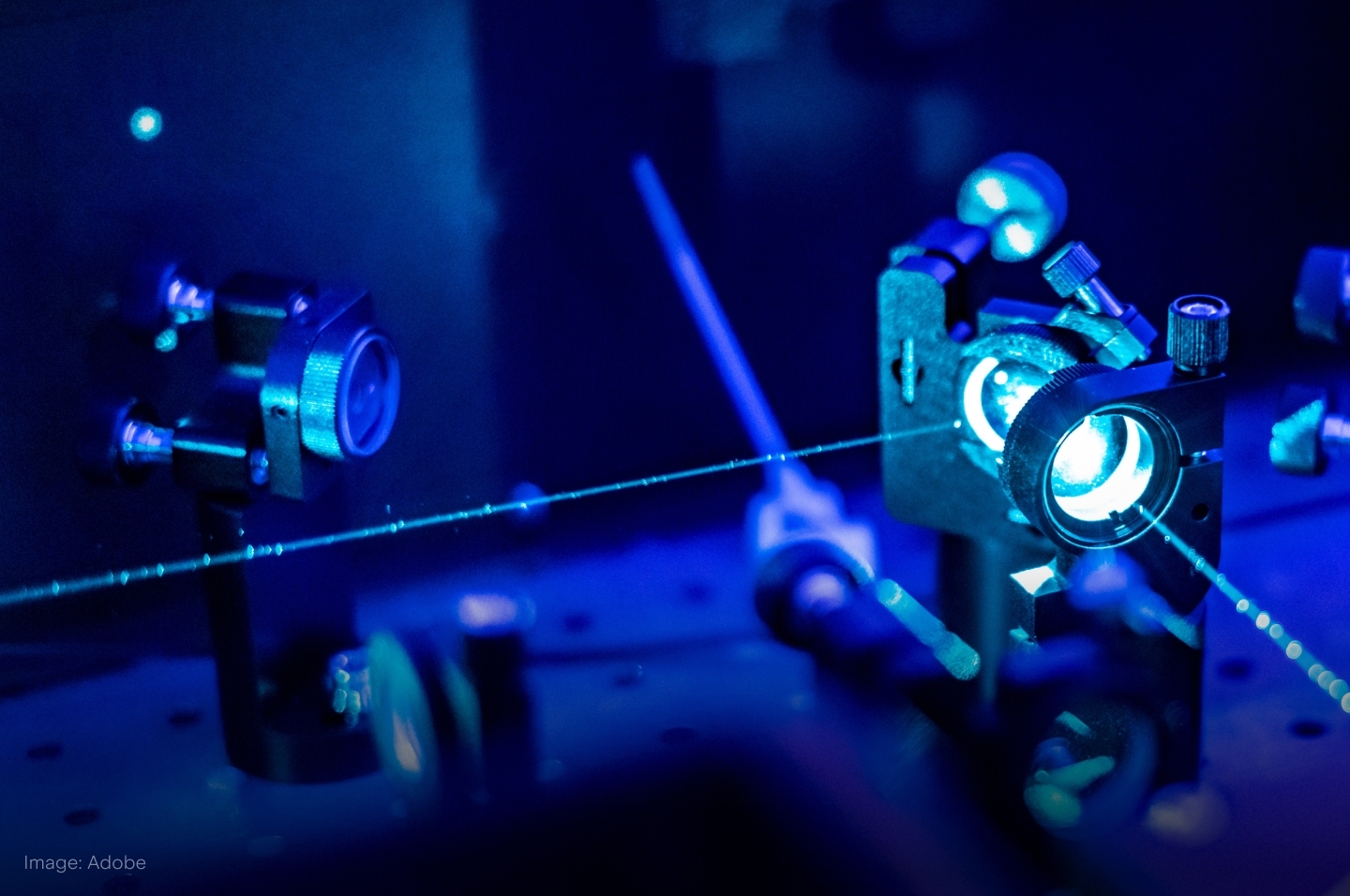
Under the Spotlight AUS: ResMed Inc. (RMD)
ResMed helps people breathe easier and sleep better. Let’s put the firm Under the Spotlight.

Numerous factors contribute to a good night’s sleep. Experts say you should have a consistent sleep schedule, a relaxing bedtime routine and a comfortable bedroom environment. However, the quality of our rest is also dependent on steady breathing, with disturbances in our airflows seriously affecting our ability to sleep soundly. For hundreds of millions of people worldwide, air actually stops flowing to their lungs multiple times a night while they sleep. As a result, their brains send a signal telling them to wake up, and dozing is interrupted for a gasp of air. This condition is known as obstructive sleep apnea (OSA).
Such sleep disorders have been well documented over the years, even going as far back as the Ancient Egyptians. However, it’s only in more recent times that more detailed research into sleep conditions like OSA has uncovered how prevalent such disorders are among the global population.
In 1981, Dr Colin Sullivan and a team at the University of Sydney developed a much less invasive treatment for those suffering from OSA. He built a prototype that covered the mouth and nose, bypassing the requirement to insert a tube into a patient’s windpipe.
While sleep apnea was gaining increased attention in the medical community, it wasn’t until 1987 that Sullivan found the right partner to further evolve his device. Dr Peter Farrell had a noted interest in biomedical engineering and he would be a key source of funding through his then employer - Baxter Healthcare ($BAX). Two years later, Baxter chose to exit the sleep apnea market, but Farrell decided to buy Sullivan’s technology from the company and founded ResMed (Respiratory Medicine) ($RMD).
.jpg&w=3840&q=100)
Wake up call
Farrell aimed to commercialise Sullivan’s device, known as a continuous positive airway pressure (CPAP) machine, and scale up production. ResMed successfully advanced the design, held valuable patents and managed to double sales in its first year. But maintaining this initial high growth rate proved challenging.
Medical devices giant Medtronic ($MDT) invested in the company in 1990, gaining the licence for distribution in the U.S. and several European nations. But Medtronic’s strategy to directly sell to patients, rather than through traditional healthcare dealers in the U.S., resulted in underperforming sales at the time.
By 1993, exports had become key to ResMed’s success, accounting for 77% of production, half of which went to the U.S. market. Furthermore, research published in the early nineties, which highlighted OSA’s detrimental effects and indicated the number of people needing treatment was higher than expected, helped to embolden the company.
However, rising awareness of the disorder brought increased competition and pressure, and ResMed lost its patent for its nasal CPAP machine in Australia in 1993. The firm had also become involved in a copyright infringement case with rival Respironics and legal action between the two was not settled until years later.
To pursue further growth and gain funding, ResMed had its IPO on the Nasdaq in 1995 as $RMD and would go on to also list on the ASX in 1999.

No rest
Sleep apnea remains ResMed’s primary market today, with an estimated one billion people affected by the condition globally. With the firm also focusing on chronic obstructive pulmonary disease, asthma and insomnia, its products could cater to about 30% of the world’s population.
More than half (52%) of the company's Q2 FY2024 revenue of US$1.62b came from the medical devices segment. This sector includes CPAP and automatic PAP machines, with the former providing air at a fixed rate and the latter releasing air at a rate relevant to the patient’s needs. ResMed also manufactures ventilators, with global sales growing 11% in the latest quarter. Masks accounted for 35% of the company’s revenue in Q2 FY2024, while the rest (13%) came from the company’s software segment.
The majority (57%) of ResMed’s sales come from the U.S., Canada and Latin America, while 30% can be attributed to Europe, Asia and elsewhere. The remainder (13%) is credited by the company to its software segment rather than to a specific region.

Tech advances
ResMed has built its software-as-a-service (SaaS) business via acquisitions over the past decade. Cloud-based applications help to manage back office functions and product supply levels, with a focus on out-of-hospital care. The majority of the users of ResMed’s devices are at home, and with machines connected to the cloud, patients are able to track their personalised healthcare journey through an app.
ResMed expects to see more demand for its software division’s services due to heightened awareness of sleep wellness, with many people now tracking data such as their sleep patterns with devices like an Apple Watch ($AAPL).
Future dreams
Sleep apnea has historically been associated with overweight middle aged men, but nearly 40% of new patients are female. The disorder does still have a relationship with weight though, with studies indicating 83% of sleep apnea patients also suffer from drug-resistant hypertension, 77% from obesity and 72% from Type 2 diabetes.
ResMed’s stock price suffered a significant downturn in 2023, coinciding with the rising profile of GLP-1 obesity medications, such as Novo Nordisk’s ($NVO) Ozempic. And the tensions with weight loss drug companies are anticipated to continue, with results from Eli Lilly’s ($LLY) Zepbound (Tirzepatide) trial to treat sleep apnea expected to be released soon.
Nevertheless, these medications are unlikely to turn ResMed’s dreams into long-lasting nightmares. The company has been tracking a group of 0.5 million patients who are being treated for sleep apnea and using GLP-1 medications. ResMed has found those taking GLP-1 drugs are 10% likelier to start sleep apnea treatments. It’s also found that those on GLP-1 medications are less likely to quit their sleep apnea therapy over time.
Despite ResMed’s resilience in withstanding adversity, the firm must remain vigilant over ongoing safety concerns within the sector. While it has capitalised on the recall of CPAP devices from its competitor Philips ($PHG), it suffered a recall of its own when masks with magnets needed to be relabelled in 2023.
ResMed has demonstrated its capacity to recharge and reset in tough times, but faces numerous challenges. The company will need to stay agile and not get too comfortable if its investors are to sleep soundly.
This does not constitute financial advice nor a recommendation to invest in the securities listed. The information presented is intended to be of a factual nature only. Past performance is not a reliable indicator of future performance. As always, do your own research and consider seeking financial, legal and taxation advice before investing.

Megan is a markets analyst at Stake, with 7 years of experience in the world of investing and a Master’s degree in Business and Economics from The University of Sydney Business School. Megan has extensive knowledge of the UK markets, working as an analyst at ARCH Emerging Markets - a UK investment advisory platform focused on private equity. Previously she also worked as an analyst at Australian robo advisor Stockspot, where she researched ASX listed equities and helped construct the company's portfolios.

